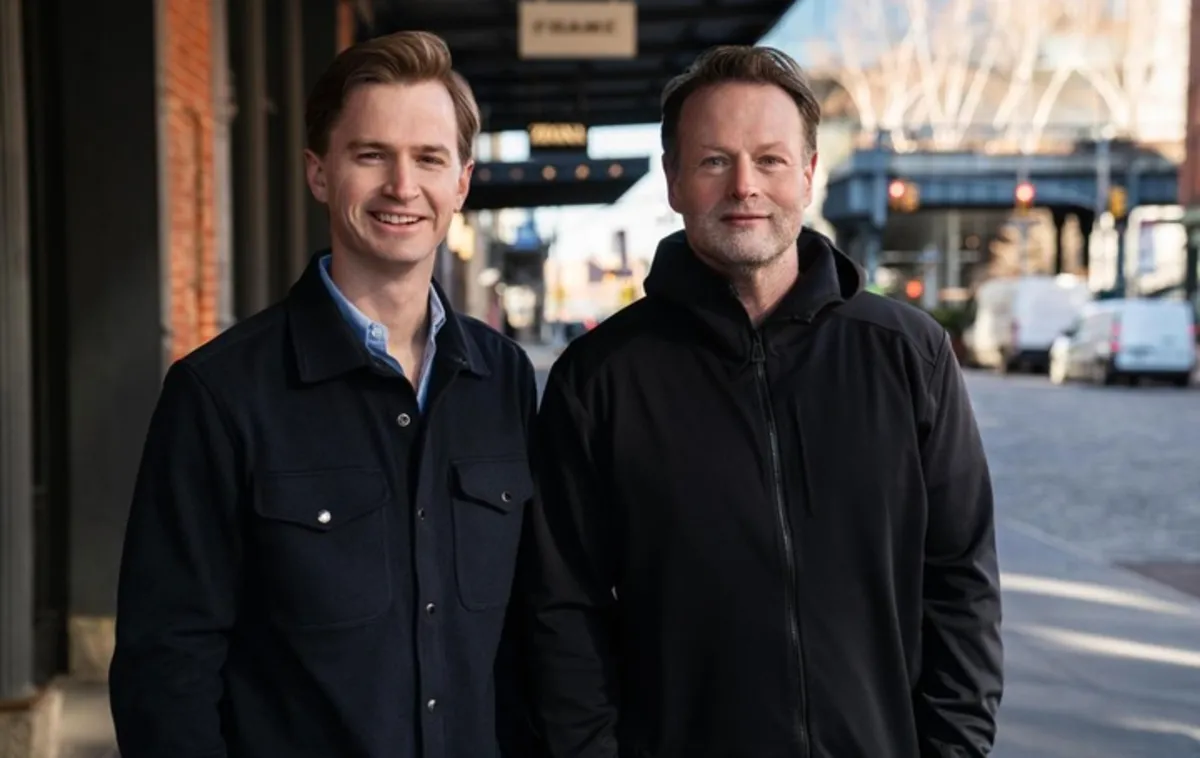
Henrik Werdelin has dedicated the last 15 years to empowering entrepreneurs and building successful brands like Barkbox through his startup studio Prehype. Now, with his latest initiative, Audos, based in New York, he is poised to revolutionize the entrepreneurial landscape by leveraging AI technology to scale the startup process from merely “tens” of startups a year to potentially “hundreds of thousands” of aspiring business owners.
The current economic climate, marked by mass layoffs across various industries, has prompted many workers to reconsider their career trajectories. Concurrently, advancements in AI tools have significantly lowered the barriers to entry for creating digital products and services. Positioned at the intersection of these trends, Werdelin’s Audos promises to assist “everyday entrepreneurs” in establishing million-dollar AI companies without requiring extensive technical expertise.
Werdelin's transition from Prehype to Audos reflects a broader shift in the world of entrepreneurship. At Prehype, the focus was primarily on collaborating with tech founders to build conventional startups that aimed for significant financial exits. However, as he shares with TechCrunch, “What we’re trying to do is take all that knowledge, all the methodology we’ve developed over the years of building major companies, and truly democratize it.”
Recognizing that “everyday entrepreneurs” may sense a significant shift but are often hesitant to explore AI agents or customer outreach strategies, Audos offers a robust support system. The platform equips users with AI-powered tools to create sophisticated products using natural language and harnesses social media algorithms to pinpoint their ideal customer base.
“Facebook and many other platforms possess remarkable algorithms that excel at connecting you with your target customers if you can define your customer group,” explains Werdelin, who co-founded Audos alongside his Prehype partner, Nicholas Thorne.
Audos has seen considerable success since its beta launch, having facilitated the launch of “low hundreds” of businesses. Many customers discovered Audos through targeted Instagram ads that posed the question, “Have you ever thought about starting something, but don’t know where to go?” The diverse range of businesses includes a car mechanic assisting clients in evaluating repair quotes, a provider of “after-death logistics” services, virtual golf swing coaches, and AI nutritionists. Werdelin humorously refers to these one- and two-person teams as “donkeycorns,” a playful nod to billion-dollar startups known as unicorns.
Unlike traditional accelerators or venture capital firms, Audos operates on a fundamentally different model. Instead of taking equity, the company retains a 15% revenue share from the businesses it helps to launch. In return, founders receive up to $25,000 in funding, access to AI-driven business development tools, and assistance with distribution, primarily through paid social media advertising. “We’re not taking any equity in their business,” Werdelin states, explaining that many of these companies may never be sold. Instead, he aspires to support the mom-and-pop shops that form the backbone of society.
This continuous revenue share, akin to platform fees charged by Apple's App Store, means that founders will surrender a significant portion of their revenue indefinitely—a 15% cut that could potentially cost entrepreneurs hundreds of thousands of dollars over time. While some may view this trade-off as worthwhile, others might question whether the long-term costs are justified.
As the entrepreneurial landscape evolves, Audos's value proposition raises additional questions. While Werdelin emphasizes the importance of fostering relationships with customers, it remains uncertain how much of this work can be effectively managed by AI agents. Furthermore, the market is saturated with similar tools, and their rapid development poses the question of what happens when entrepreneurs can access comparable AI capabilities without incurring a permanent revenue tax.
Despite these challenges, Audos's venture capitalists remain optimistic. True Ventures led Audos's $11.5 million seed round, with partner Tony Conrad expressing confidence in both Werdelin and Thorne. He believes there are countless individuals eager to engage with a platform like Audos, drawing parallels to Instagram's $1 billion exit with just 13 employees. This suggests that AI could enable even more leverage, even if Audos, with a current team of just five, isn’t focused on chasing unicorn status.
Werdelin articulates his vision clearly: “What we’re after here is the millions of people who can create million-dollar businesses or half-million-dollar businesses that are real and life-changing.” He emphasizes the need to create “a million companies that do a million dollars turnover,” envisioning a trillion-dollar turnover business. This vision becomes increasingly compelling as traditional employment becomes more unstable, and the demand for accessible entrepreneurship grows.
“We believe that there should be someone who actively supports smaller entrepreneurs building viable businesses that aren’t suitable for venture backing,” Werdelin asserts. The potential for Audos to transform the entrepreneurial landscape is undeniable, appealing to those who have historically lacked access to startup capital or technical skills.
Audos has also garnered support from notable investors, including Offline Venture and Bungalow Capital, along with several high-profile angel investors like Niklas Zennstrom and Mario Schlosser. With a clear mission and innovative approach, Audos is set to redefine what it means to be an entrepreneur in today's rapidly evolving market.